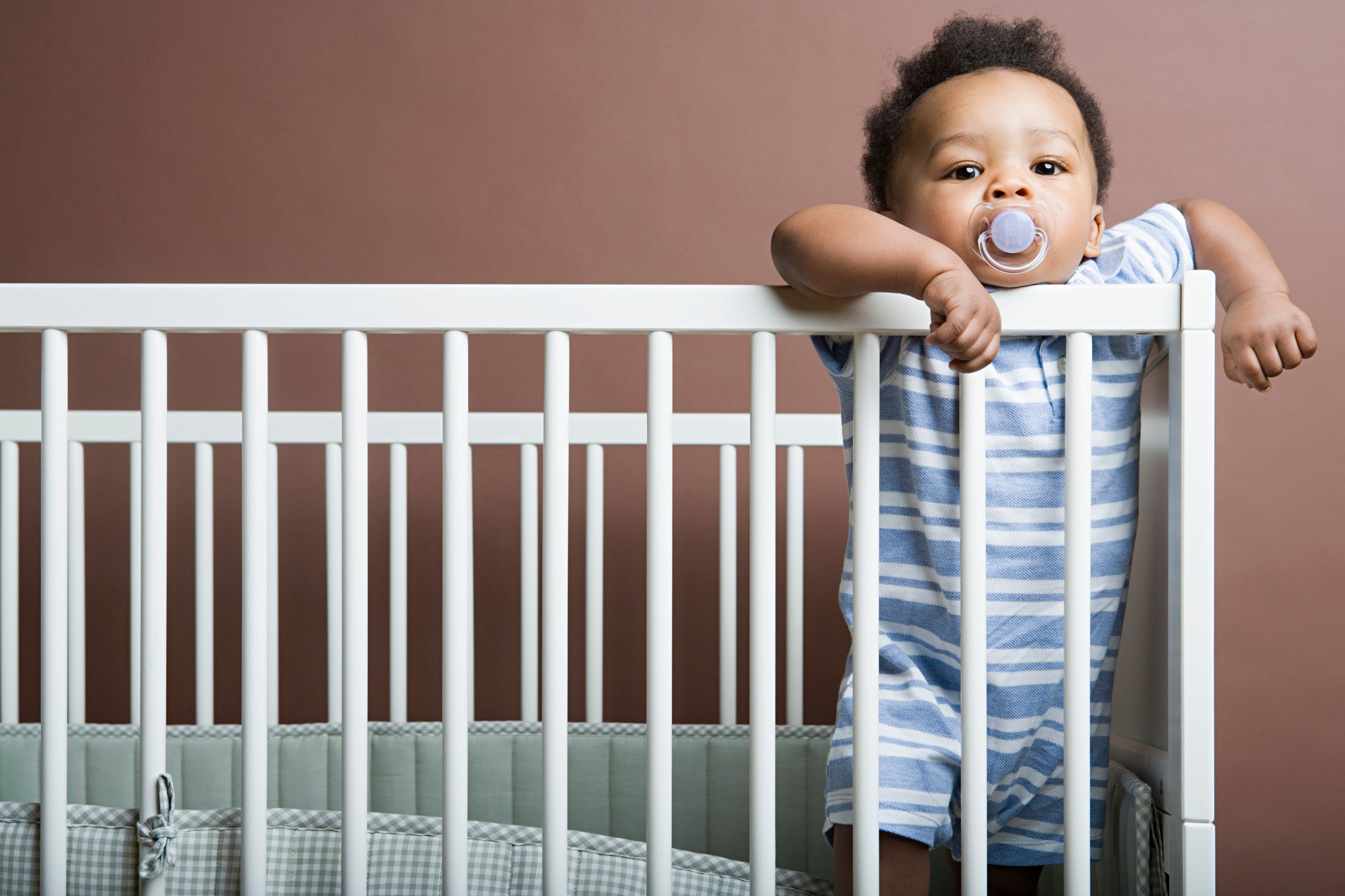Groundbreaking new study finds possible cause of sudden infant death syndrome
Australian researchers have found the activity of an enzyme is significantly lower in babies who die of SIDS

A groundbreaking new piece of research may have solved the mystery of Sudden Infant Death Syndrome (SIDS).
Also known as “cot death”, SIDS is the sudden, unexpected and unexplained death of an apparently healthy baby, usually in the first six months of their life.
The condition generally occurs when the child is sleeping, with many in the medical community believing that the phenomenon happens due to a defect in the brain that controls arousal from sleep and breathing.
According to Mayo Clinic, the consensus among medical professionals is that if a child stops breathing during sleep, the defect will prevent the infant from startling or waking up.
Researchers now believe they have confirmed this theory by analysing blood samples from newborns who died from SIDS and other unknown causes and comparing these with blood taken from healthy babies.
In a new study published by the Lancet’s eBioMedicine journal, they discovered that the activity of an enzyme called Butyrylcholinesterase (BChE) was significantly lower in babies who died of SIDS, compared with living infants and those who died of non-SIDS causes.
BChE has a major role in the brain’s arousal pathway, explaining why SIDS typically occurs during sleep.
Low levels of the enzyme are therefore understood to reduce a child’s ability to wake, creating vulnerability to SIDS.
Historically, parents were advised to lay babies on their back to sleep, keep toys and blankets out of the crib and not let them overheat in an effort to prevent SIDS.
Despite such precautions, many children still died, leaving parents with immense guilt and wondering if they could have prevented their child’s death.
Dr. Carmel Harrington, who led the study, lost her own child to SIDS 29 years ago.
She said: “These families can now live with the knowledge that this was not their fault.”
In the study, researchers wrote, “This finding represents the possibility for the identification of infants at risk for SIDS infants prior to death and opens new avenues for future research into specific interventions.”
They now hope to create a screening test to identity babies who are at risk of SIDS in an effort to eradicate further deaths in future.
According to the NHS, around 200 babies die suddenly and unexpectedly each year from SIDS.
The Lullaby Trust, which offers specialist support for families bereaved by SIDS and promotes expert advice on safer baby sleep, said that while research is ongoing, the “best advice for all families with infants is to follow the evidence-based safer sleep advice to reduce the risk of SIDS occurring.
“This includes: always sleeping baby on their back in a clear sleep space on a flat, firm and waterproof mattress with no bulky bedding, pillows or cot bumpers.”
Join our commenting forum
Join thought-provoking conversations, follow other Independent readers and see their replies
Comments
Bookmark popover
Removed from bookmarks